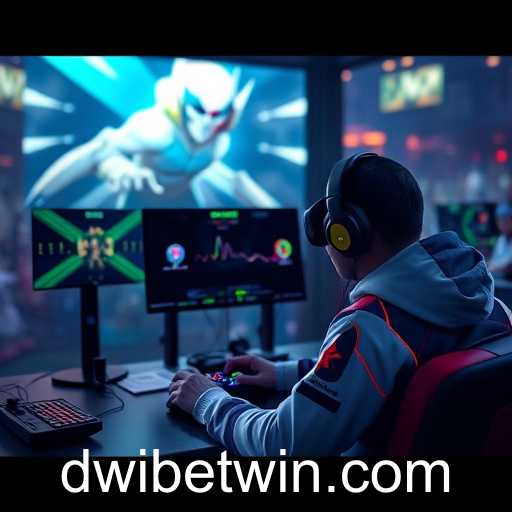In 2025, the online gaming sector continues to exert a significant influence on global culture and entertainment. Websites like 'dwibet' have become central to the gaming community, offering platforms for enthusiasts to engage in various forms of digital play, from casual gaming to competitive e-sports.
The rise of online gaming has not only transformed how games are consumed but also how they are perceived by society. E-sports, for instance, has experienced exponential growth, now rivaling traditional sports in viewership and fan engagement. Major events like the E-sports World Championships attract millions of viewers globally, showcasing the competitive skills of gamers who have honed their talents in virtual arenas.
The dynamic evolution of graphics and gameplay mechanics also continues to captivate gamers. Developers have embraced virtual reality and augmented reality technologies to create immersive experiences that transcend traditional gaming boundaries. These advances allow players to explore expansive virtual worlds, which has heightened the appeal of gaming as both an interactive and spectator activity.
Besides entertainment, online gaming platforms have emerged as significant social hubs. With the advent of live-streaming services and social integration, gamers can now connect with audiences worldwide, creating communities that emphasize collaboration, strategy, and creative interaction. Innovations in gaming technology promise to further blur the lines between player and spectator experiences in the years to come.
As we continue through 2025, the era of online gaming is marked by an intriguing blend of technological possibilities and cultural shifts. The increasing monetization and professionalization of gaming careers also reveal broader implications for the digital economy. These developments underscore the resilience and adaptability of the gaming industry, which consistently evolves to meet the demands and expectations of a diverse global audience.








